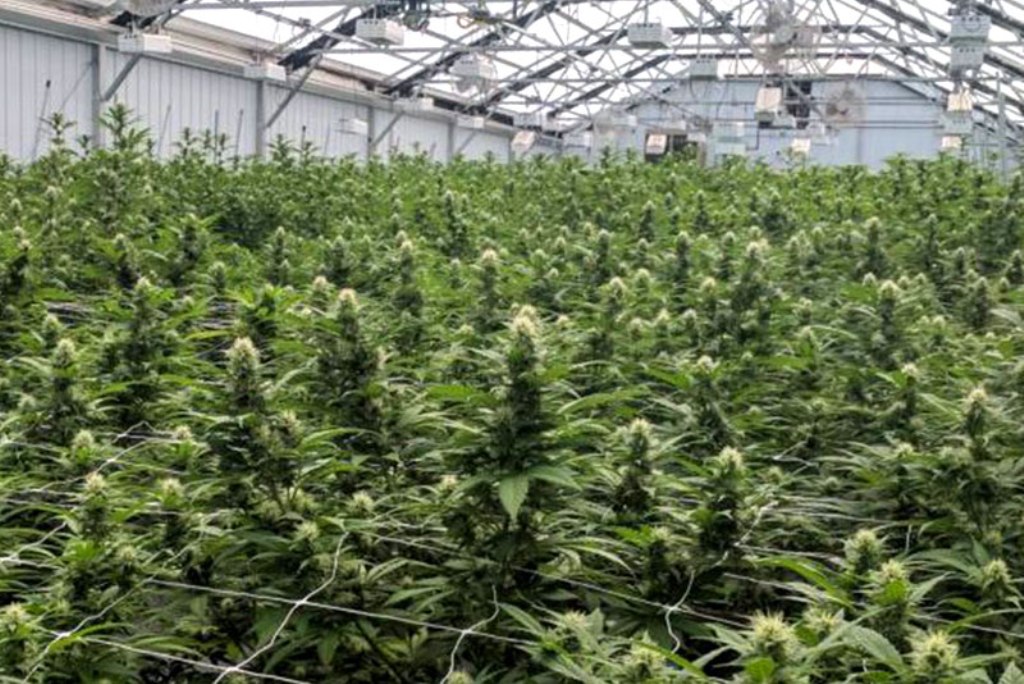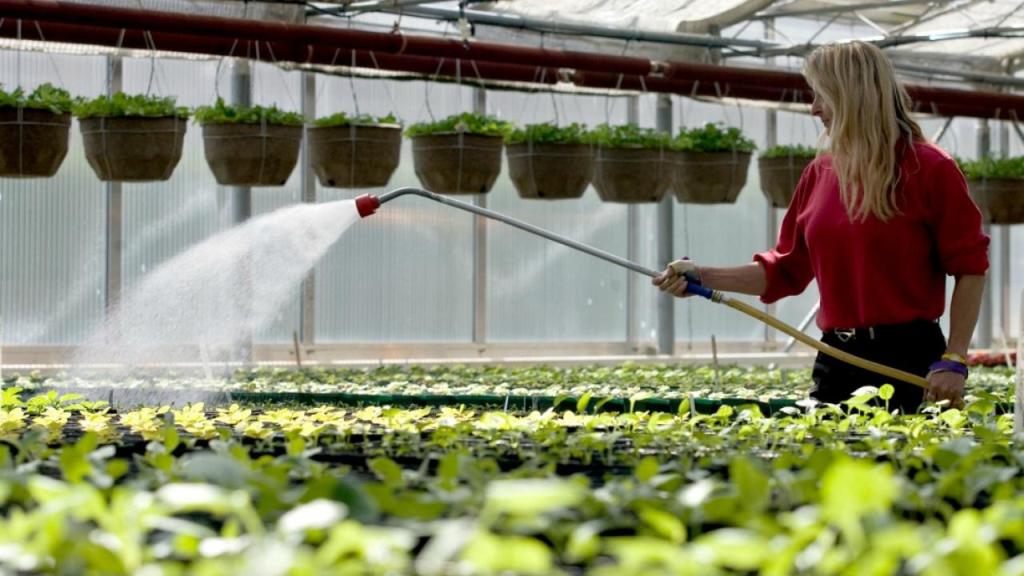Before the introduction of fertilizers, farmers were encouraged to practice crop rotation in a bid to counter with the depletion of nutrients in the soil. Back then, the use of fertilizers was not necessary because majority of the lands were still virgin, so they had sufficient nutrients to support the growth of crops. But as human population increased, the rate of nutrients depletion went up, which in return pushed farmers into using the same fertilizers they were avoiding in the first place. Nowadays fertilizers are used everywhere due to lack ample space for farming. In fact, most people grow crops in their Greenhouse Stores. On the other hand, the use of fertilizers has remained to be a controversial topic. Continue reading below to learn more on the benefits of using fertilizers.
1. Boosts the Growth of Crops

Crops usually grow well when the soil has enough nutrients to nourish the plants. Since land that can be farmed has become rare, farmers have to grow the same crop on the same piece of land over and over. This eventually causes the nutrients that are usually stored in the soil to be exhausted faster. When there is a deficit of nutrients in the soil, the crops tend to grow slowly while others become stunted. This can actually trigger scarcity of food in both urban and rural areas. But when fertilizers are put to action, there is a guarantee that crops will grow faster to sustain the human population and avoid a food shortage crisis.
2. Protects Plants against Damages
Applying too much of synthetic fertilizer is known to damage the roots and leaves of crops. Fortunately, majority of fertilizers that are available in the market today are made from organic matter such as compost manure and farm yard manure. These types of manures don’t contain any compounds that can damage your crops because they are usually made from animal sh*t such as cow dung, goat, rabbits and chicken droppings.
3. Free from Toxins
Since organic fertilizers are made from decomposing natural matter, you can be sure they don’t pose any threat to the environment like their inorganic counterparts. In fact, some brands of synthetic fertilizers were banned in EU and US because they are known to kill marine animals and plants after they have been washed away by rains. As a matter of fact, some fish farmers normally throw farmyard manure into their fish ponds to encourage the growth of aquatic plants that provide shelter for the salmons.
4. Economical

Inorganic fertilizers can actually give you a run for your money. This is because you have to apply them during every planting season. Organic fertilizers on the other hand help you save money. A single application can sustain your crops for several seasons in a row. This is because the decaying matter releases nutrients slowly. And maybe that’s some farmers end up selling their manure to their neighbors.
5. Improved Soil Structure
This one goes without saying. When you mix organic fertilizer with the soil, the decomposing matter attracts worms that comb through in search of food. Fortunately the worms only feed on decaying matter, which in return helps in breaking down the nutrients into a form that can be easily be absorbed by the roots system. At the end of it all, the structure of the soil is enhanced to make it retain more water.

